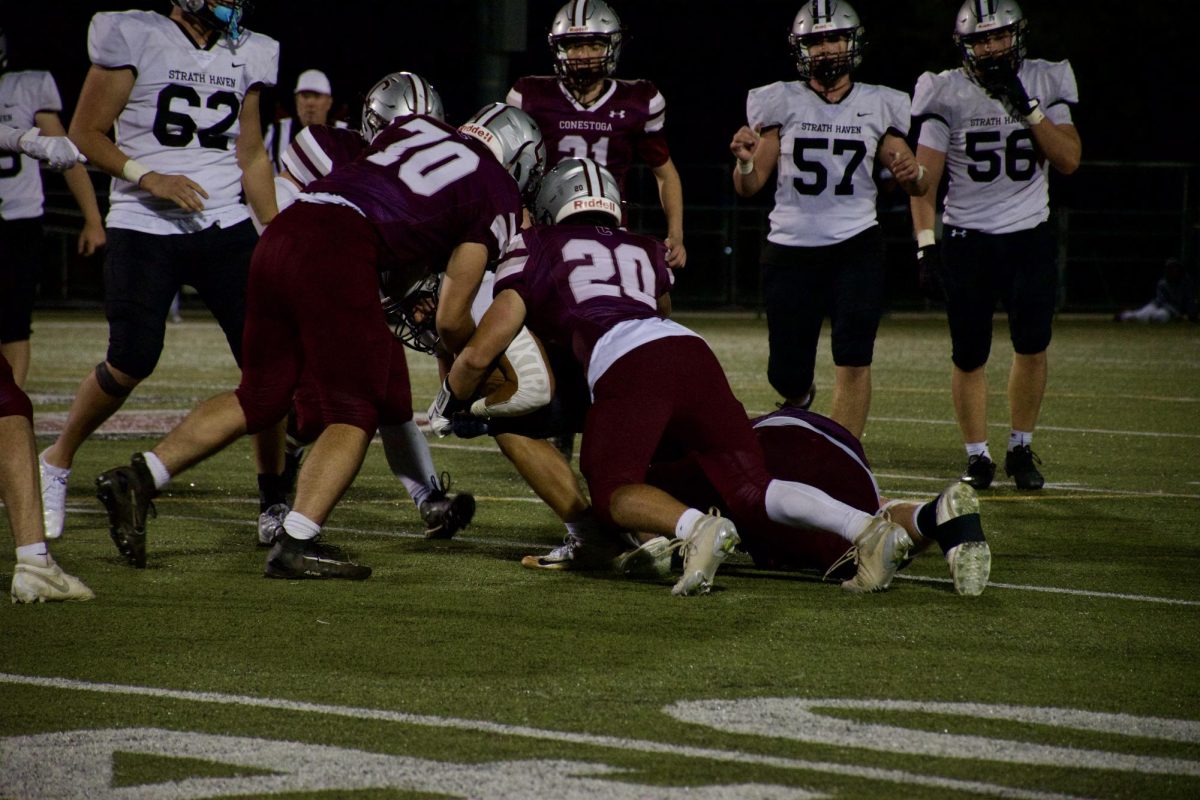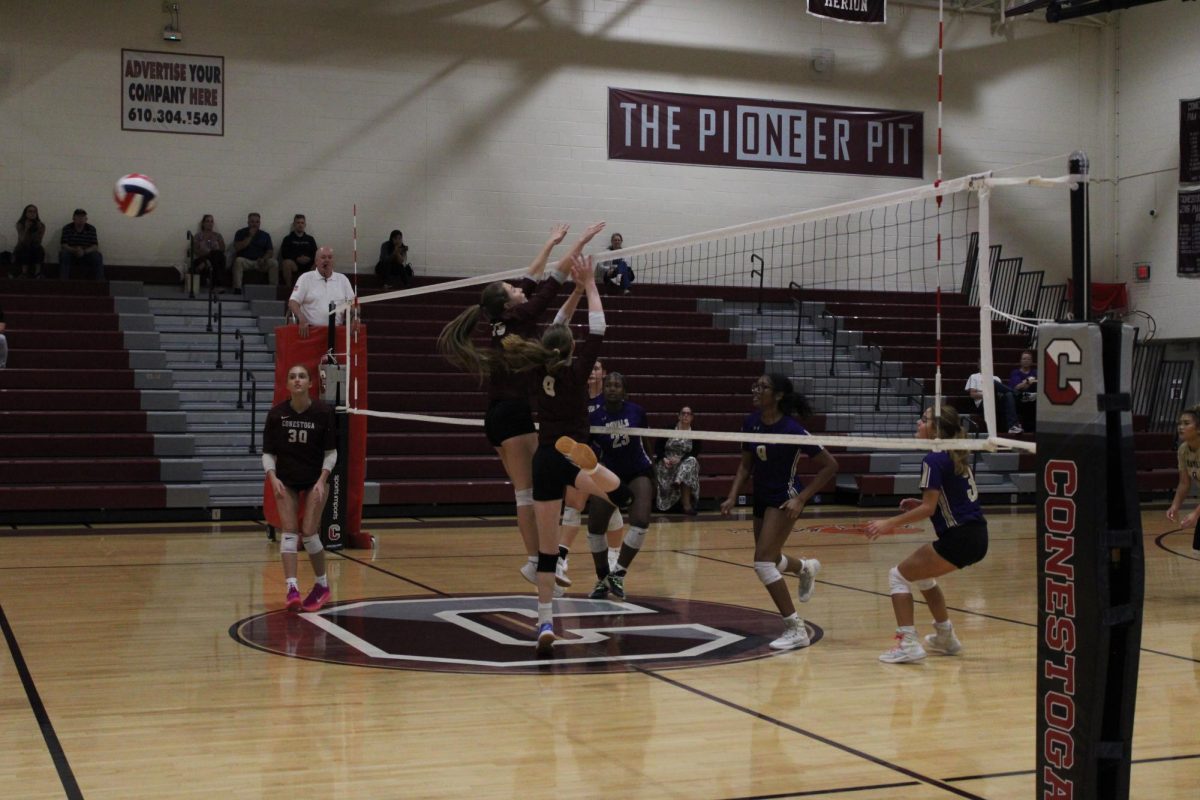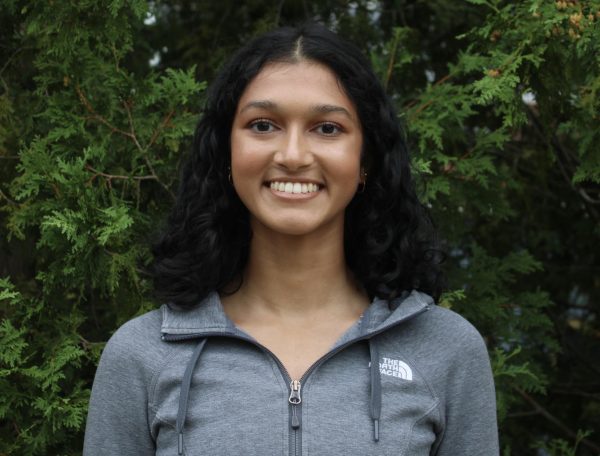By Raima Saha, Co-Managing Editor
If you attended middle school after 2012, chances are you’ve read the coming-of-age novel “Wonder” by R.J. Palacio, which follows Auggie Pullman, a fifth grader with a craniofacial abnormality, as he makes friends (and enemies) at Beecher Preparatory Academy.
On Oct. 4, “White Bird,” a film that serves as both a prequel and sequel to the “Wonder” film and novel series, made its American debut in theaters. Based on the graphic novel of the same name published in 2019, the story follows Julian Albans, now in high school, after he is expelled from Beecher Prepatory Academy for his cruel treatment toward Auggie. Unlike in the graphic novel, he isolates himself on the peripheries of his new school in the movie, seemingly unremorseful of his actions. His Parisian grandmother, Sara, feels that it is time for her to share the story of her difficult childhood in France during the Nazi occupation to teach Julian a lesson about kindness.
So begins a flashback to 1940 France in what was once the free zone. Filmed in the Czech Republic, the movie excellently portrays the quaintness of Sara’s hometown of Aubervilliers-aux-Bois as drawn in the novel. Expert cinematography under the creative direction of Marc Forster creates an engaging visual narrative that illuminates the power of imagination and inner strength in the darkest of times.
It’s in these moments the film emphasizes crucial messages about kindness, selflessness and courage. Tourteau, a boy in Sara’s class affected by polio, ends up saving Sara from the Nazis and hides her in a barn on his family’s property. It turns out Tourteau’s real name is Julien, Julian Albans’ namesake, a fact that makes Julien’s kindness for Sara that much more powerful. Without question, his mother and father welcome her in, even though her presence poses great danger to them as Nazi militants begin to patrol the town. You can’t help but root for Julien and Sara as they become closer and eventually fall in love amid an unforgiving and cruel world.
While the film is beautifully directed and contains important messages, the movie misses a golden opportunity to capitalize on Julian’s redemption arc and its message about kindness at large. After being moved by his grandmother’s story, Julian helps someone clean up their papers after having knocked them out of their hands. He also apologizes to a girl he was rude to at the beginning of the movie and agrees to help her hand out flyers for the Social Justice Club.
However, do these two moments really show that Julian has changed? Watching Julian take initiative and become eager to effect positive change would have emphasized Julian’s growth as a character and been much more impactful. Perhaps he could have acknowledged the mistakes of the Holocaust by representing the #WeRemember campaign during a protest about former President Donald Trump’s Zero Tolerance policy, like Julian is portrayed doing in the graphic novel.
From the film’s themes of kindness and selflessness to the artistry in the compositions of frames, “White Bird” provides a unique fictitious narrative of the Holocaust that reminds us that we must never forget this event in history. Kindness can go a long way, and even in moments of darkness, we should always have the courage to be kind.
Raima Saha can be reached at [email protected].






















































































